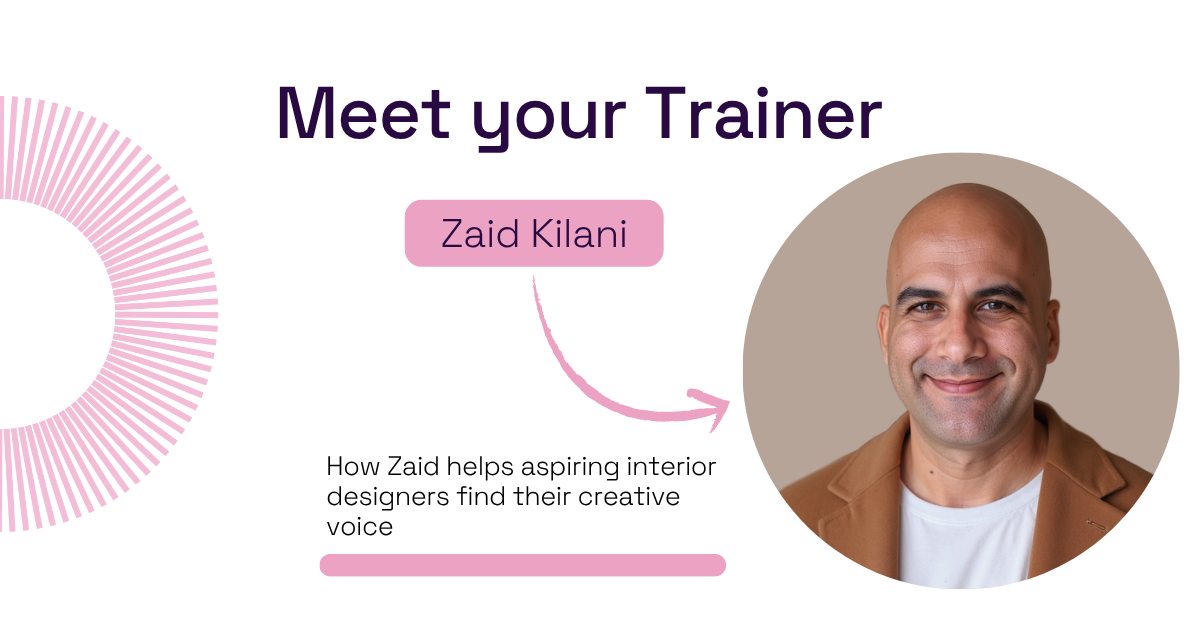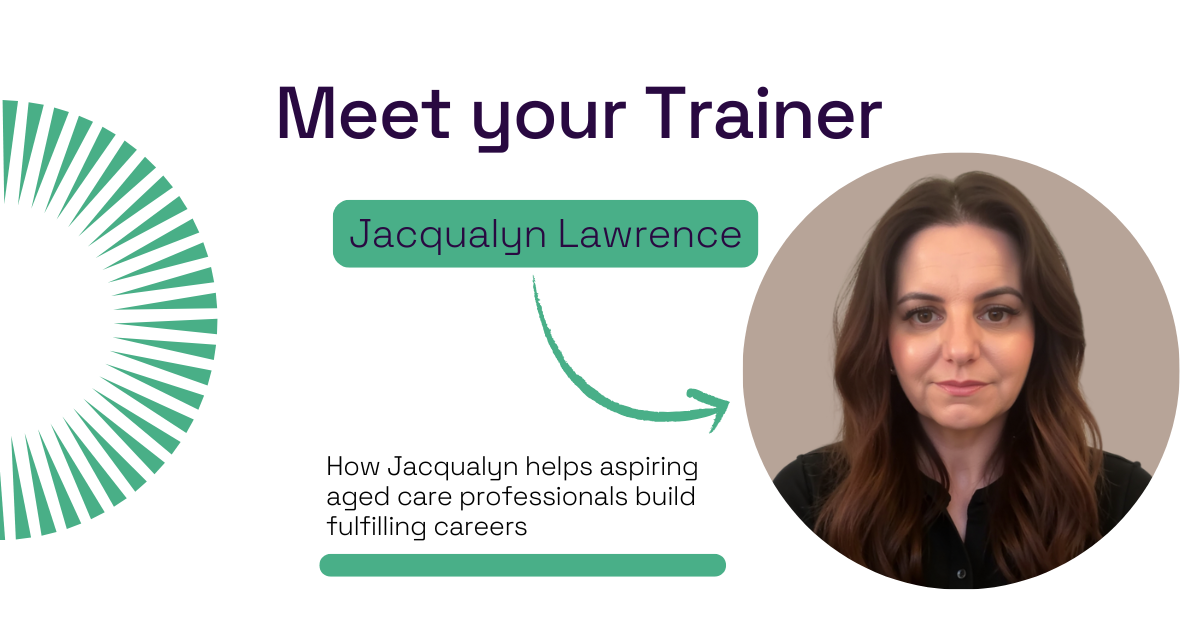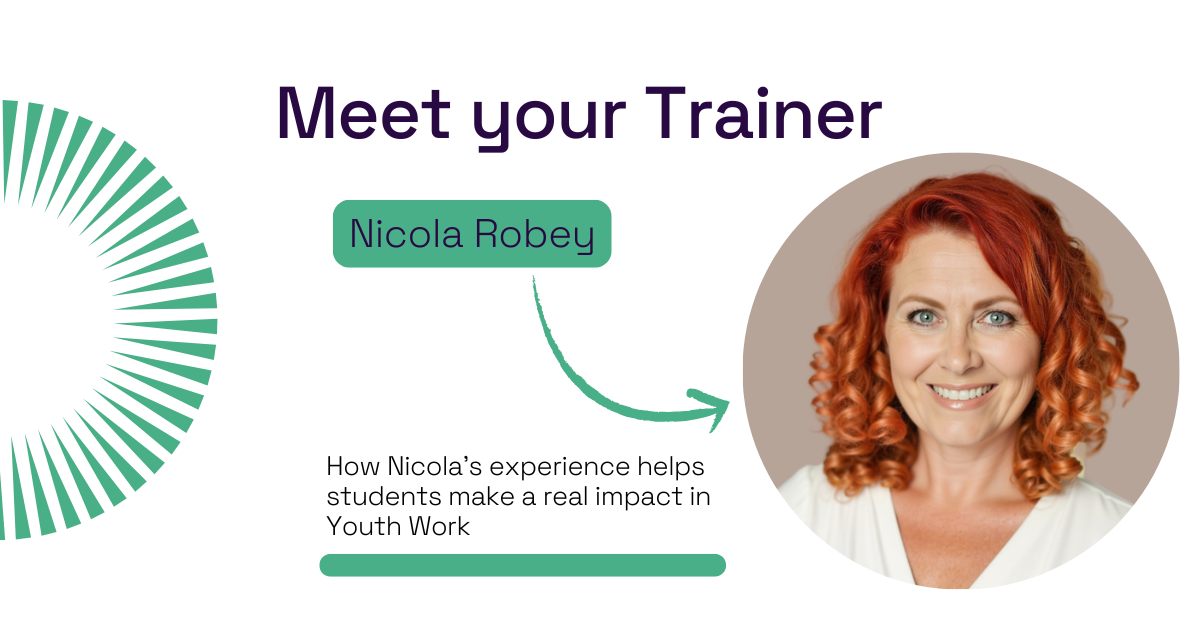Explore our collection of informative and educational blog posts to stay updated on the latest industry trends and expert advice.
What qualifications do I need to be a Youth Worker?

** This is an updated post**
Youth work can be a challenging and hugely rewarding career for the right kind of person.
If you’re looking at following a career in youth work, most employers will expect you to have a VET qualification as well as the interpersonal skills needed to become a great Youth Worker,
But training is more than just a box-ticking exercise. The ideal youth work course will help you build skills and knowledge that will benefit you long into your career. So together with your learned training, you can combine your natural abilities and life experiences to become the kind of Youth Worker who can empower young people to make positive changes in their lives.
Find out exactly what you’ll need to get started in youth work in this article.
Is youth work a good career choice for me?
Youth Workers work with vulnerable, at-risk kids and teens who may be struggling with a range of different issues. These could cover different areas of a young person’s life, from mental health to financial issues.
While working with children and teens, Youth Workers employ a range of techniques including counselling and spotting risk factors. While you may already have the base foundations for becoming a great Youth Worker, a VET course will help you better understand the techniques required by the job. It will also teach you which techniques to employ when and why. Because while youth work will require you to use your intuition at times, you’ll also need to rely on your training and your learned skills and knowledge.
A good youth work course will help you formalise and build upon your existing skills and abilities, while giving you practical experience and equipping you with a solid knowledge base to work from.
What kind of qualification do I need to become a Youth Worker?
The qualifications required to begin a career in youth work will differ depending on the kind of work you’re looking at and what’s expected from your employer.
Generally, most employers will require a Certificate III or higher. Plus, you’ll also need a Working With Children check.
According to the federal government’s Job Outlook site, the majority of people (49.8%) working in this field hold a Certificate III, Certificate IV, a Diploma or an Advanced Diploma. 24.1% of employees hold a Bachelor degree, while a relatively small percentage of employees have no formal qualification at all.
What kind of things can a VET qualification in youth work teach me?
If you’re thinking of studying a course to help you begin a career in youth work, the Open Colleges’ nationally recognised CHC40413 Certificate IV in Youth Work provides a fantastic base understanding of the different elements of youth work.
This VET qualification also includes 120 hours of work placement, which will help give you practical, hands-on experience, and will give you an idea of what it’s like to work in the industry.
It’s no secret that youth work does have its challenges. Some days will be tougher than others. And you’ll need to work hard if you really want to help empower vulnerable kids and teens to help themselves. The Certificate IV has been designed by industry experts to equip you with skills needed to deal with the challenges of the role so that you can stay focused, driven, positive and motivated even on the most challenging days.
When you’re looking to study a course, make sure your qualification is accredited and that it covers all the relevant topics.
Skills required by Youth Workers
A Youth Worker needs to build a set of skills that will help them identify and resolve risks, provide counsel and become a trusted source of support. You may already have these skills, but they can be developed further by a good course.
The skills needed to be a good Youth Worker include:
- Communication skills: You’ll need to know how to listen to and understand a young person’s problems.
- Collaboration: You’ll need the skills to interact and assist families and guardians, helping to arrive at the best outcome for the young person.
- Rapport: Working with young people means that you’ll need to be able to build strong, trusting relationships with them in order to help them.
- Empathy and patience: Some of the young people you’ll be interacting with will have survived serious trauma, which can affect their behaviour towards you and others. Be patient in getting to know them and help them.
- Knowledge of the industry: While assessing a young person’s needs you’ll need to know which services to link them with that will best suit their needs.
- A cool head: If a crisis situation arises, you’ll need to know how to respond to it.
- Cultural awareness: You’ll need an understanding of different cultural and societal perspectives in order to better interact with these communities.
Are you passionate about helping young people?
Many people want to follow a career in youth work because they have faced difficulties in their own lives and want to help others who may be dealing with similar circumstances. While experience can be helpful, it’s not a pre-requisite to being a good Youth Worker. Formal training is what employers will be looking for when you apply for a job. Plus, formal training can help you build on your lived experiences and your natural skills.
Enrol today in Open Colleges’ CHC40413 Certificate IV in Youth Work and take the first step towards a rewarding and fulfilling career.








